
National cancer registries in Asia – is Big Data the way to go?
Integrated, comprehensive databases may help to close the gap in cancer care between high- and low-/lower-middle-income countries

Serplulimab plus chemotherapy prolongs progression-free survival in PD-L1-positive oesophageal squamous cell carcinoma
Final overall survival results are now awaited to confirm the place of the combination treatment as a standard approach
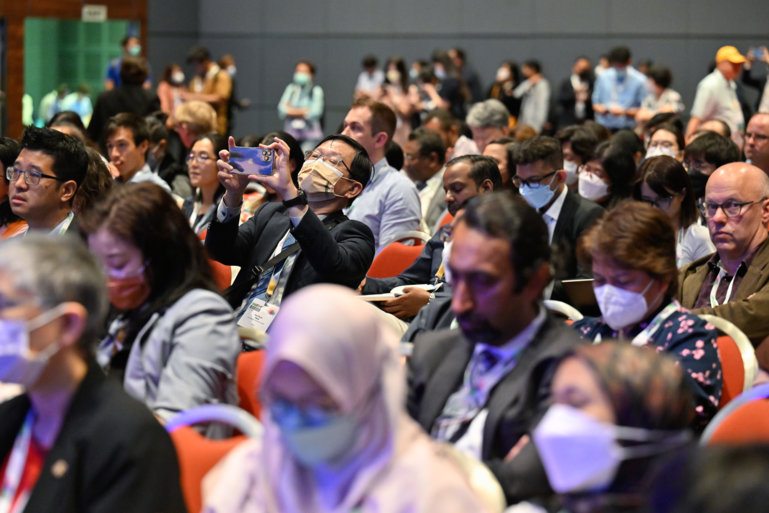
New PAGAs on endometrial cancer and metastatic breast cancer presented in Singapore
Differences in cancer population, local expertise, availability of and accessibility to treatments are incorporated into two new Pan-Asian adaptations (PAGA) of the ESMO Clinical Practice Guidelines
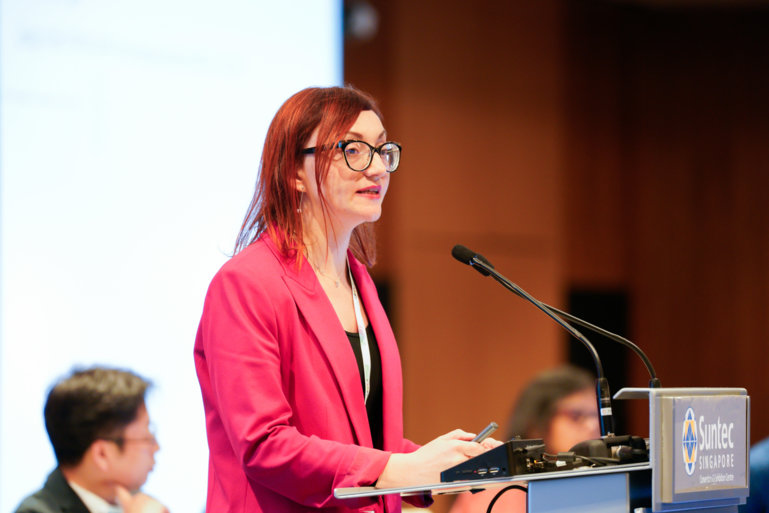
Test for gut microbiota predicts survival in patients receiving an immune checkpoint inhibitor
An easy-to-use method to detect dysbiosis may help guide selection of cancer treatments and microbiota-centred interventions
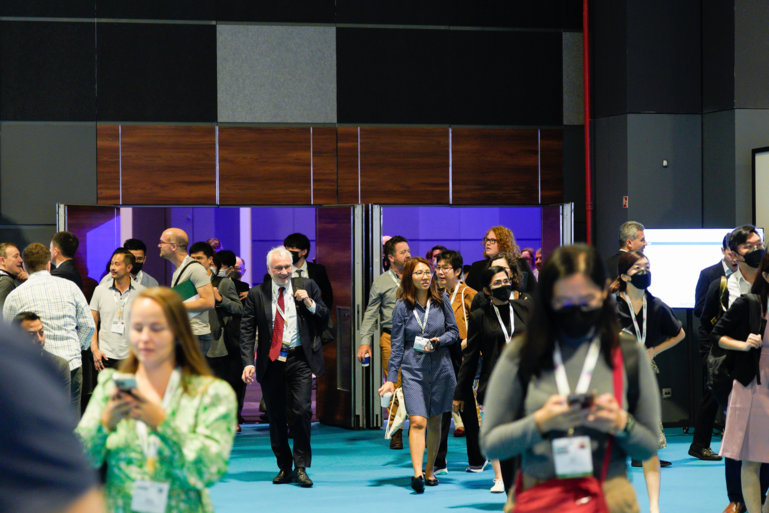
Tobacco use is still a neglected cancer risk factor in Asia
Tailored strategies based on existing technologies and digital tools are needed to help inform people in geographically difficult-to-reach communities

A study reveals the clonal heterogeneity of de novo metastatic castration-sensitive prostate cancer
Findings suggest that analysis of multiple prostate diagnostic biopsy cores, in contrast to frequent practice, may help reduce tumour mischaracterisation and identify genetic alterations relevant to personalised treatment
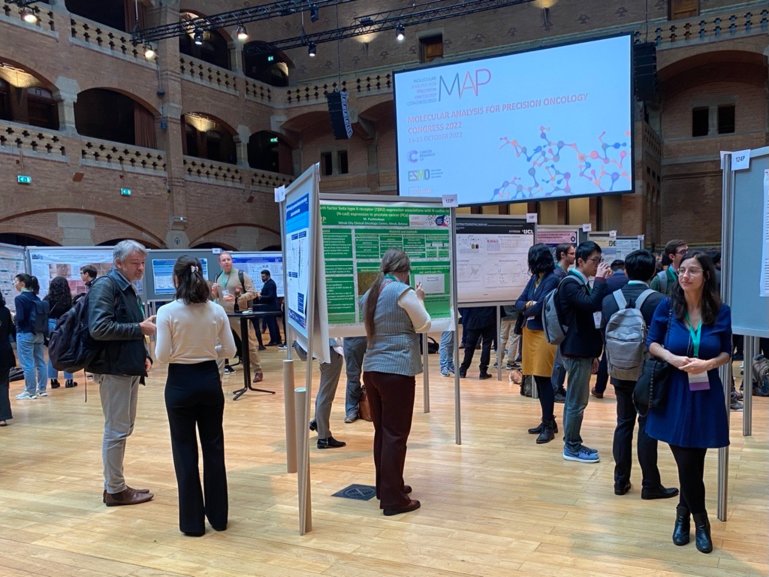
Combining liquid biopsy technologies may help improve tumour monitoring
Results from two studies suggest that this approach is essential to refining liquid biopsy use in early cancer detection and to check tumour progression
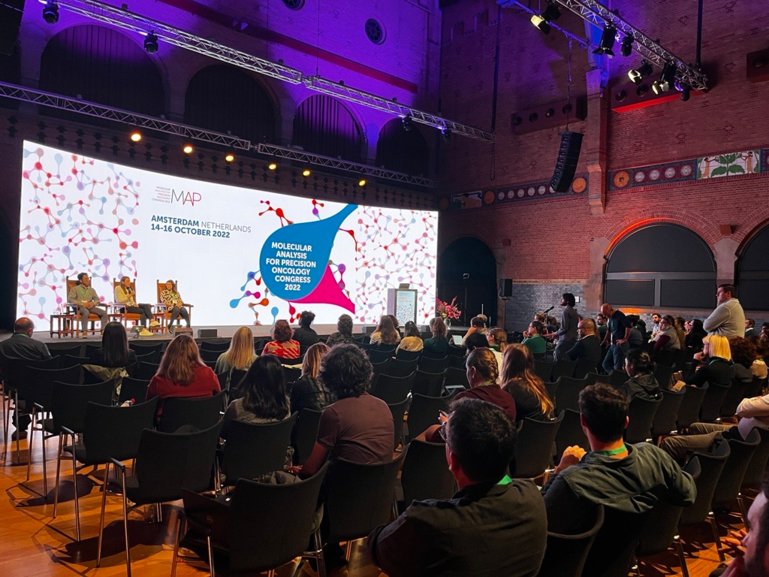
Should cancer therapy be tailored based on receptor tyrosine kinase alterations?
Data from a molecular analysis of receptor tyrosine kinase-mutated cancers show a wide heterogeneity of alterations and response to tyrosine kinase inhibitor monotherapy

Dynamic immunoediting of tumours may hold the clue to effective treatment with immunotherapy
Success of immunotherapy is tied to tumour evolution from early- to late-stages, as a study in non-small-cell lung cancer highlights
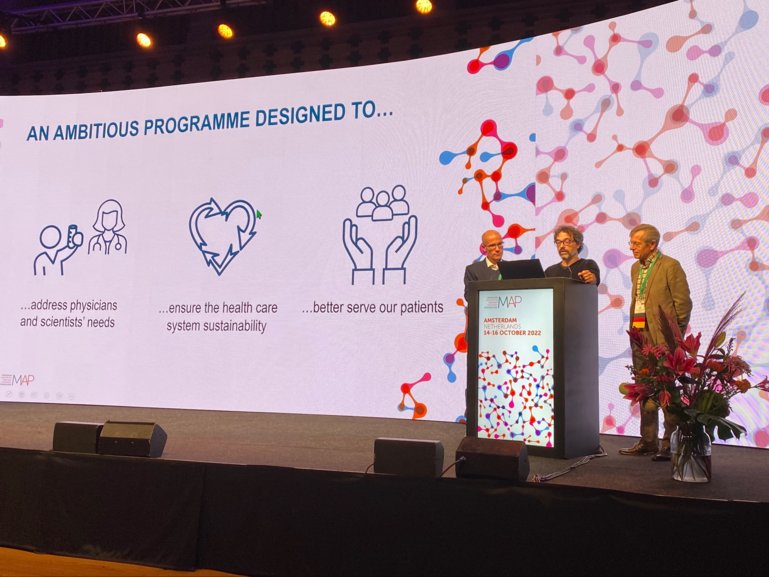
Molecular cancer early detection and prevention - an attainable goal?
Adoption of molecular-based early detection techniques in clinical practice depends on the success of large-scale clinical studies and cost barriers
